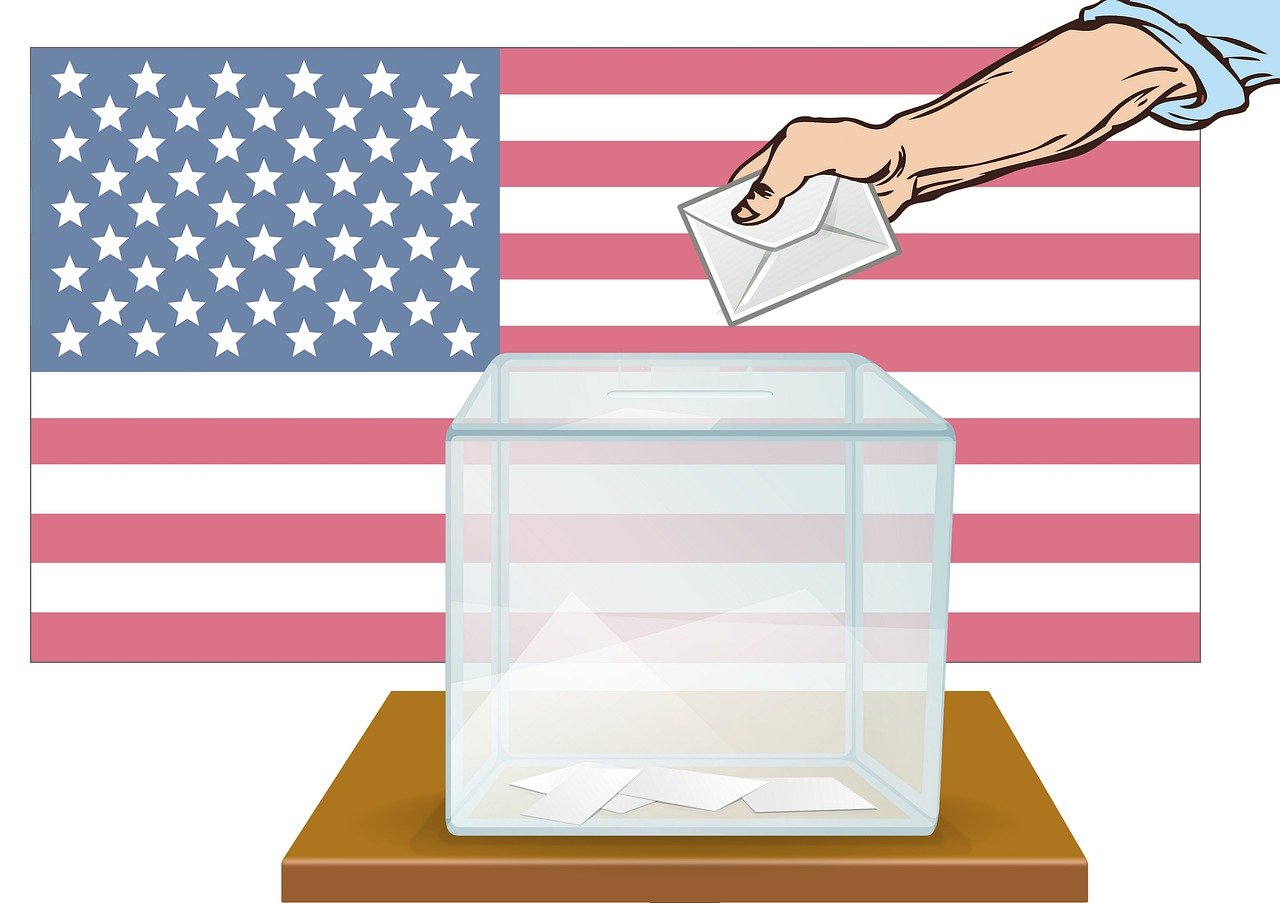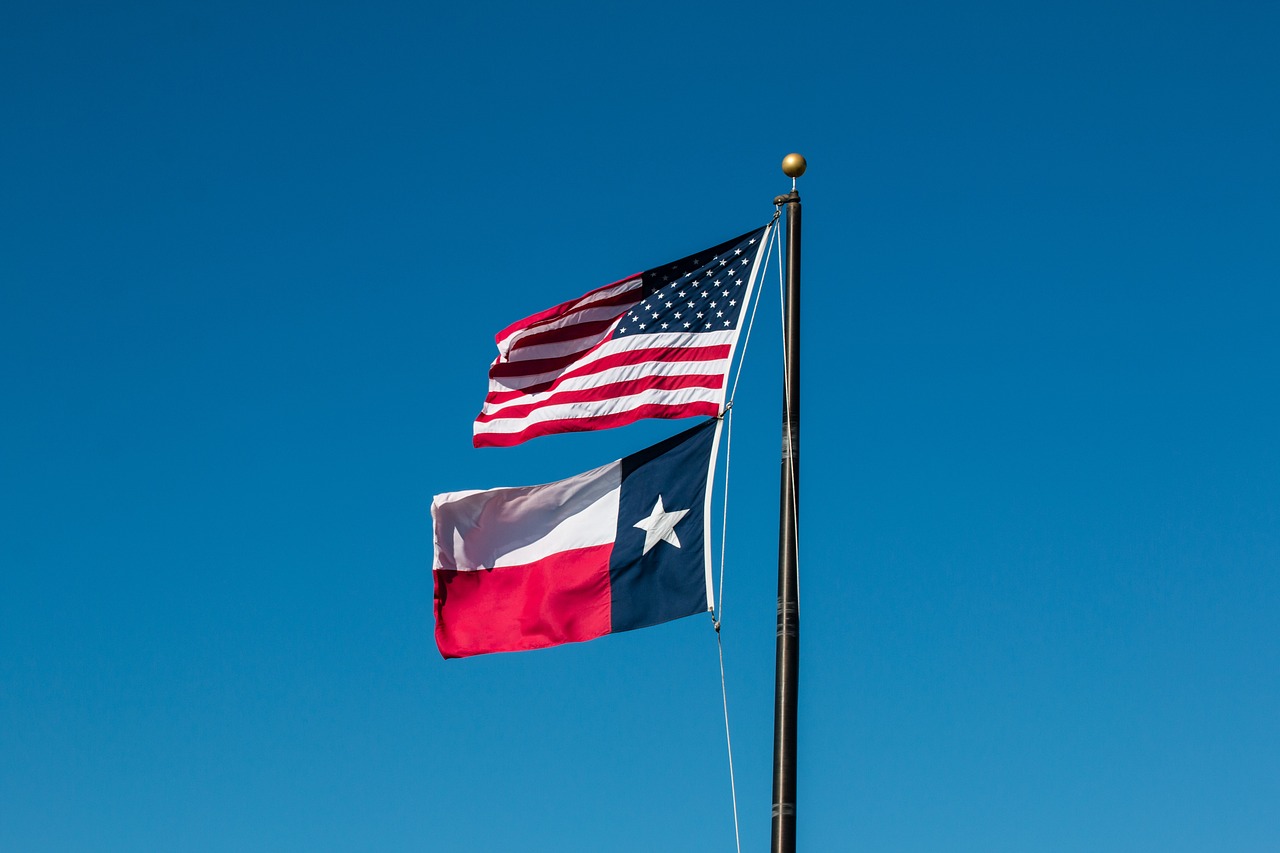
We are happy to inform our readers that U.S. Immigration and Customs Enforcement (ICE) has launched a new online change of address form for noncitizens.
What is the online change of address form?
This new form gives noncitizens the option to update their information online instead of having to do so by phone or in-person.
To process an online change-of-address, the system requires a full name, A-number, and validated non-commercial address. It takes approximately one minute to complete the form.
This tool will make it easier for noncitizens to comply with their immigration obligations and improve the accuracy of address information reported to Immigration and Customs Enforcement (ICE) by utilizing address autofill to ensure U.S. Postal Service standardization.
Reporting a Change of Address with USCIS
As a reminder, all noncitizens in the United States, except A and G visa holders and visa waiver visitors, must also report a change of address to USCIS within 10 days of relocating.
You may change your address with USCIS online here.
Reporting a Change of Address with Immigration Court
Once a noncitizen has entered a valid mailing address, if they are currently in removal proceedings pursuant to Section 240 of the Immigration and Nationality Act (INA), the interactive online system will provide the noncitizen with information on how to also change their address with the immigration court as required, using the Executive Office for Immigration Review’s (EOIR) Form EOIR-33, Change of Address/Contact Information. Form EOIR-33 can be submitted by mail, in-person at the immigration court, or online through EOIR’s Respondent Access.
Continue reading
 A new California legislative bill known as AB 2586 may soon grant undocumented students the ability to work on college campuses without having a work permit.
A new California legislative bill known as AB 2586 may soon grant undocumented students the ability to work on college campuses without having a work permit. Visa Lawyer Blog
Visa Lawyer Blog












